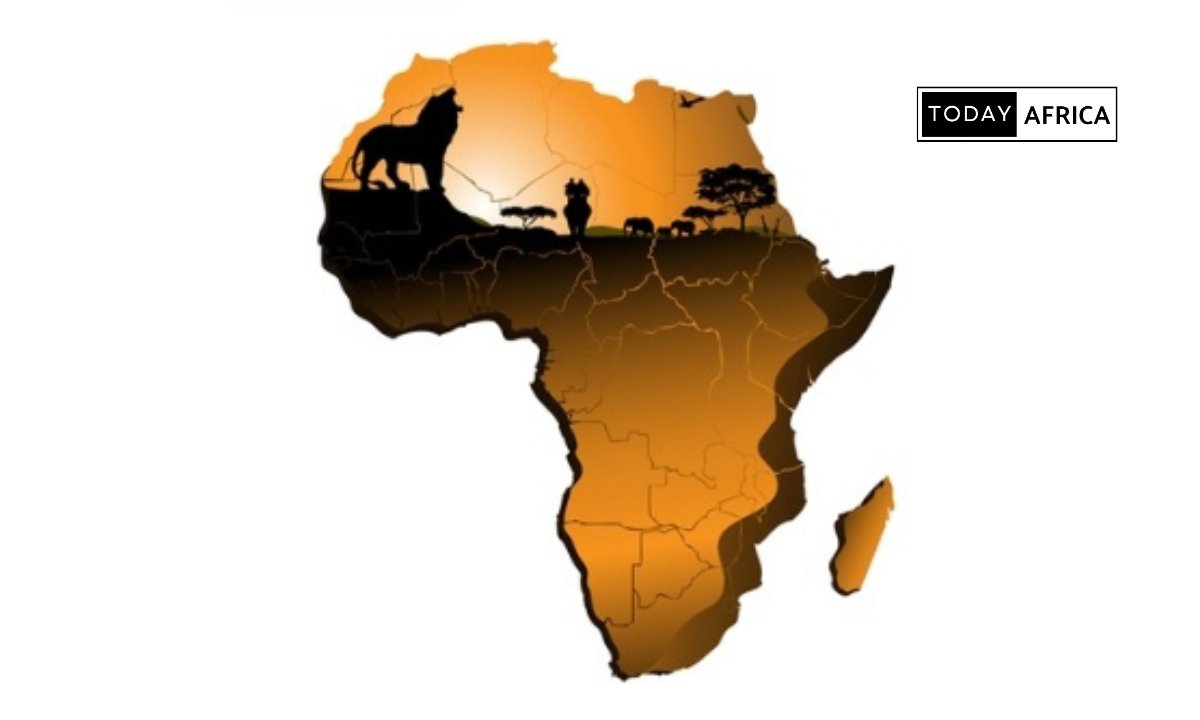Before Khalil Suleiman Halilu was appointed the CEO of the National Agency for Science Engineering and Infrastructure (NASENI), he was someone you could aptly regard as a tech entrepreneur.
Halilu had started a couple of tech businesses, such as the on-demand delivery platform, ShapShap. He also sits on the Boards and plays advisory roles in many successful companies like Kuming Power China Group, Nuli Foods Company, CGC Construction, and Dantata Foods Ltd.
However, some of Halilu’s most impactful creations were the ones he created under the non-profit, Centre For Civic, Citizen’s Welfare And Community Development (CWCD).
Halilu founded CWCD in 2018 at the age of 27. With the help of youths he empowered with tech skills in Nothern Nigeria, CWCD launched platforms that address various societal problems, from security to education and gender-based violence.

In a conversation with Techpoint Africa, Halilu pointed out that CWCD’s approach to solving social problems is very tech-focused, unlike many NGOs.
“The gap between these issues and the solutions is so wide that it does not make sense to use conventional methods. That is why you bring in technology to bridge these gaps.”
He said CWCD’s approach is to use technology to supercharge conventional solutions that have already been created by some NGOs.
In essence, CWCD automates existing solutions to make them scalable.
Social Change Through Tech
One of the many social issues Halilu is addressing through CWCD is sexual and gender-based violence.
Between January 2020 and July 2022, there has been a total of 7,349 cases of gender-based violence according to the United Nations (UN).
The Nigerian Demographic and Health Survey also found out in 2018 that 9% of women aged 15 to 49 in Nigeria have been victims of sexual violence in Nigeria.
That same survey also revealed that 31% of women in Nigeria between 15 and 49 have been victims of gender-based violence.
It is important to note, however, that these figures may not accurately represent the realities of gender-based violence in Nigeria. The UN believes that the actual numbers may be a lot higher as there isn’t a unified system for reporting these issues.
This is why CWDC created UNSUB to connect victims of sexual and gender-based violence to stakeholders working in the space.
The idea to create UNSUB came to Halilu during the COVID-19 pandemic. He said during that period, a lot of people were locked in with their abusers, and they could not go out to report incidents.
The UN also confirmed that there was a sharp rise in gender-based violence, especially against women, during this period. Dubbed the Shadow Pandemic by the UN, the lockdowns that were implemented to curb the spread of COVID-19 forced vulnerable people to stay close to their attackers.
“The only way for these people to report these cases discreetly is online,” Halilu said.
UNSUB is that online platform that helps people record these cases. It has a web and mobile app that allows victims to report cases of abuse to law enforcement and other stakeholders interested in such issues.
But beyond reporting these cases, Halilu said one key thing UNSUB does is follow up on the cases, a major setback when it comes to curbing gender-based violence in Nigeria.
“No one checks to see what happens in the end, and at some point, the story dies.”
Since its creation, UNSUB has registered over 250 support groups. Halilu defines support groups as organisations and stakeholders that take an interest in reported cases.
Limitations to Tech-powered Solutions for Social Change
While UNSUB is a discreet and efficient way to report cases of gender-based violence, it has its limitations.

From Internet cost to penetration, some obstacles stand in the way of UNSUB. This 2023 report revealed Nigerians have to work almost five times longer than an average European to afford mobile Internet. Also, people who live in rural areas are at more risk of being victims of gender-based violence. However, most people from these parts use feature phones, locking them out of CWCD’s tech solution.
Interestingly, Halilu pointed out that many of the cases have been reported by a third party. This could mean that while many victims may not have smartphones, the few that do make reports on their behalf.
Solutions that can’t be coded
Entrenched gender discriminatory norms are one of the root causes of gender-based violence in Nigeria. While a UNSUB could rescue victims and bring perpetrators to book, organisations like GlobalGiving are creating projects that address the root causes of gender-based violence.
This root cause limitation also affects another of CWCD’s solutions called Zabe.
Zabe is a platform that provides real-time election updates through crowdfunded information. One of the most important information provided on the platform is the election results provided at each polling unit.
Electorates upload the results collated at their polling units and can call out any anomalies if they’re different from the final results. The app automatically collates results for the entire country based on uploaded results.
The platform also allows voters to report incidents such as election malpractice and any form of crisis.
Halil said that while social media already provides an avenue for people to share this information, collating the results from there would be difficult.
Zabe also categorises the information making it easily accessible. For instance, searching for reports from a particular polling unit is easier than combing through several social media posts.
The platform also alerts law enforcement when malpractice or crisis reports are posted.
While this platform could reveal inconsistencies with election results or give incident reports, it is limited by systems put in place to respond to the issues.
Violence during elections is a well-known phenomenon in the country and very little has been done to curb this despite numerous reports to law enforcement.
In 2022, a non-governmental organisation, Kimpact Development Initiative, put the number of lives lost to the elections in 2022 at 165 and cases of election violence at 339.
The roots of social problems in Nigeria and Africa at large limit the impact of tech solutions created to tackle these issues. However, these solutions — like the ones created by CWCD — play an important role in gathering data about these problems.
And while they have their limits, they are an important part of the steps toward creating true social change.
















